Purchasing advanced medical equipment like a Pneumatic Lithotripter can be a significant investment for hospitals. These devices are essential for breaking down urinary stones quickly and safely, making them a staple in urology departments. However, the high upfront cost of acquiring and maintaining this technology often puts pressure on hospital budgets. The good news? With a strategic approach, hospitals can negotiate better prices without compromising on quality.
Let’s explore practical, humanized ways hospitals can get the best deals on pneumatic lithotripters while building lasting relationships with suppliers.
1. Understand Your Hospital’s Needs First
Before starting negotiations, hospitals should clearly identify their requirements. Are you buying a complete Pneumatic Lithotripter set with all accessories, or just upgrading an existing unit? Do you need a high-volume machine for a busy urology department or a compact, portable model for smaller facilities?
Knowing exactly what you need prevents overspending on unnecessary features and gives you leverage when discussing pricing. Vendors appreciate informed buyers because it helps them recommend the right product without guesswork.
2. Research Multiple Suppliers
When hospitals rely on a single supplier, they often miss out on competitive pricing. Researching multiple pneumatic lithotripter suppliers gives you a clear picture of the market range and available technology. You can also explore whether buying directly from manufacturers in India or authorized distributors is more cost-effective.
Tip: Create a shortlist of suppliers based on certifications (ISO, CE, FDA) and track records. A well-researched buyer always negotiates from a position of strength.
3. Emphasize Long-Term Partnerships
Suppliers are more willing to lower prices when they see the potential for a long-term relationship. Instead of a one-time purchase, propose a multi-year service or equipment procurement plan. For example, hospitals can negotiate:
-
Discounts for bulk purchases of lithotripters or related consumables.
-
Service and maintenance contracts included in the price.
-
Preferential pricing for future upgrades.
Vendors value relationships with hospitals that promise steady business. Showing commitment can lead to better deals.
4. Leverage After-Sales Support as a Bargaining Point
Pneumatic lithotripters require regular calibration, replacement parts, and training for staff. Instead of focusing only on the equipment’s sticker price, hospitals can negotiate for comprehensive after-sales support at no extra cost.
For example, you can request:
-
Free training sessions for your surgical team.
-
Extended warranties.
-
Discounted consumables or probes.
These add-ons reduce long-term costs significantly and give hospitals better value.
5. Compare Imported vs. Locally Manufactured Options
Hospitals often default to expensive international brands, assuming they’re superior. However, urology equipment manufacturers in India now produce high-quality pneumatic lithotripters at competitive prices. These devices often meet the same global standards (ISO 13485, CE, FDA approvals) but come at a fraction of the cost.
By including trusted Indian surgical tools manufacturers in your negotiations, you increase competition and create leverage to negotiate a better deal—even with international suppliers.
6. Request Demonstrations and Trials
Another way to strengthen your negotiation position is by asking for a product demo or trial period. Suppliers eager to close deals are often willing to provide trial units at discounted prices or free for a limited time.
This helps hospitals:
-
Evaluate performance before committing.
-
Train staff during the trial period.
-
Negotiate confidently with proof of how the device meets their needs.
7. Use Collective Buying Power
Smaller hospitals can find negotiations challenging due to lower purchasing volumes. In this case, forming group purchasing organizations (GPOs) or collaborating with other hospitals can help.
By pooling orders, hospitals can negotiate bulk discounts that wouldn’t be possible individually. Suppliers are more inclined to lower prices when they receive large-scale orders.
8. Time Purchases Strategically
Suppliers often have annual sales targets or end-of-quarter discounts. Hospitals that time their purchases strategically—like at the end of a financial quarter—can get better deals.
Tip: Ask suppliers about their sales cycles. Vendors are usually more open to negotiations when they’re trying to meet quotas.
9. Focus on Total Cost of Ownership (TCO), Not Just Upfront Price
While negotiating a lower price is important, hospitals should also evaluate total cost of ownership. This includes:
-
Maintenance and calibration costs.
-
Cost of consumables and replacement parts.
-
Training expenses for staff.
By negotiating a comprehensive package that reduces long-term expenses, hospitals can save significantly over time.
10. Build Trust and Transparency with Vendors
Negotiations aren’t just about numbers—they’re about relationships. Being transparent about your budget constraints and long-term goals encourages vendors to work with you rather than against you. Suppliers are more likely to provide better pricing when they trust that you’ll honor service agreements and pay promptly.
Conclusion: Smarter Negotiations for Better Value
Pneumatic lithotripters are vital tools for efficient and safe stone management in urology. However, their high price can be a burden on hospital budgets. By adopting a strategic and relationship-driven approach to negotiations, hospitals can secure better pricing while ensuring quality care for their patients.
From working with trusted Indian surgical instruments manufacturers to leveraging after-sales services and bulk purchases, hospitals have many opportunities to save costs. The key is preparation, transparency, and a willingness to explore new suppliers.
In today’s competitive medical equipment market, hospitals that negotiate smartly don’t just save money—they also get better tools, stronger vendor relationships, and ultimately, improved patient outcomes.

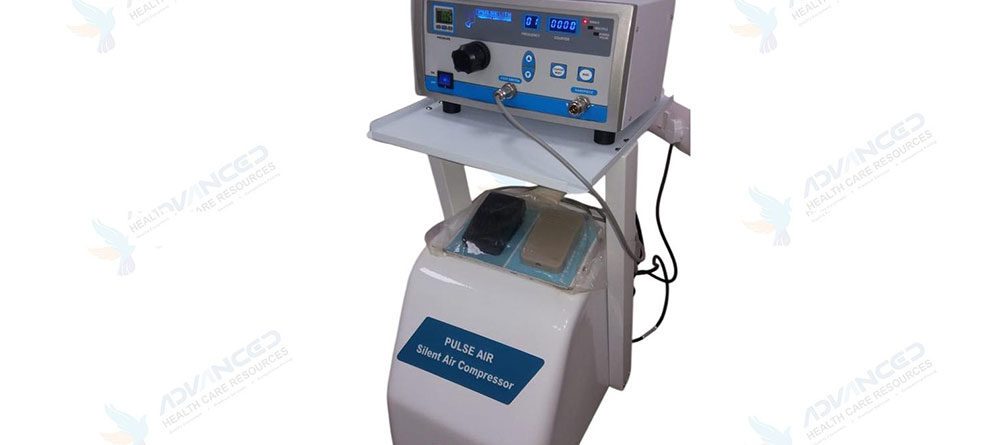
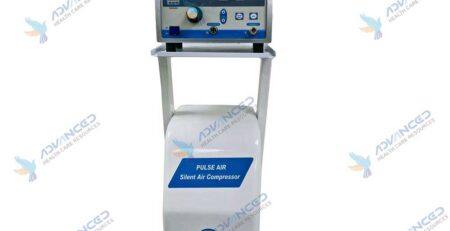


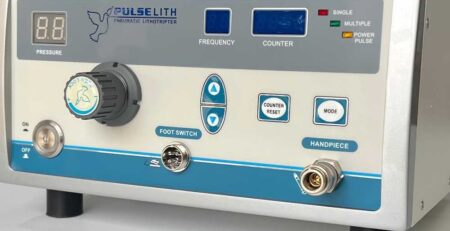
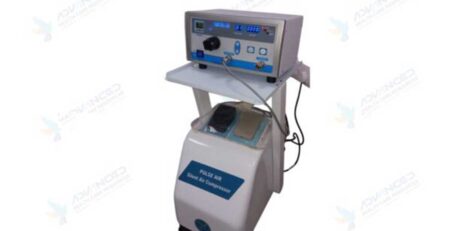

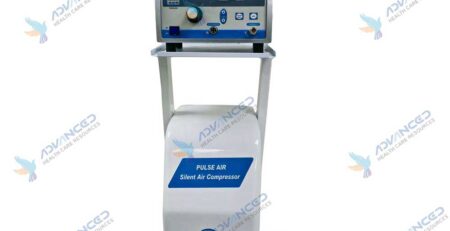


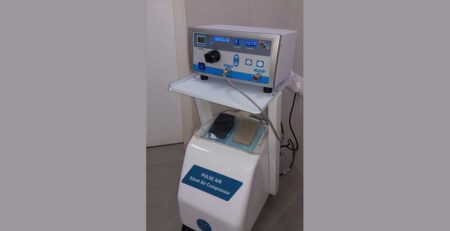

Leave a Reply